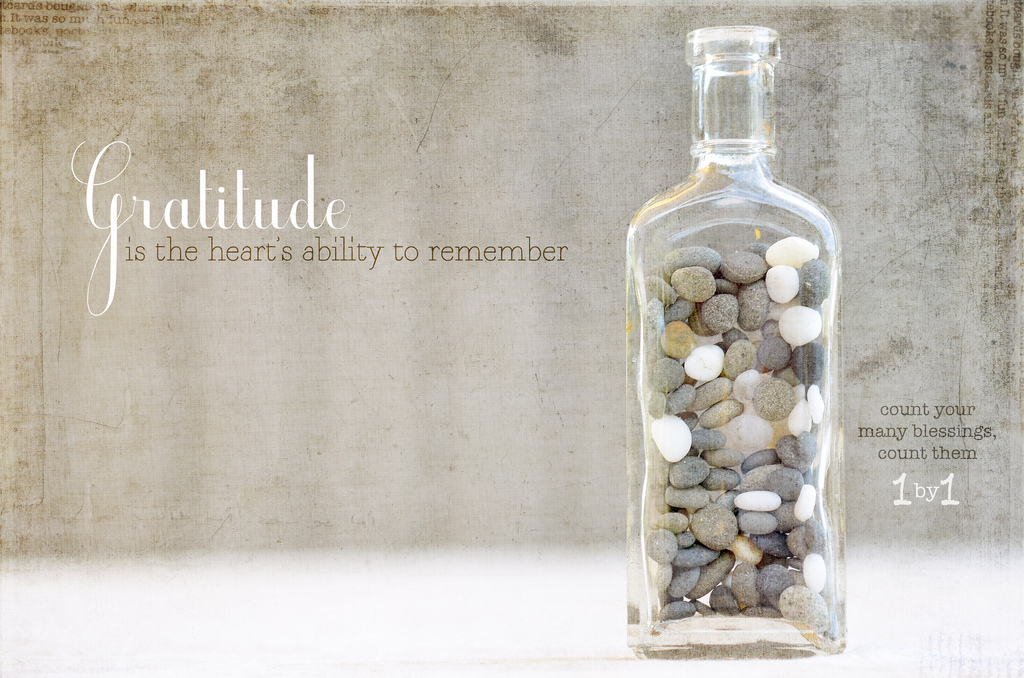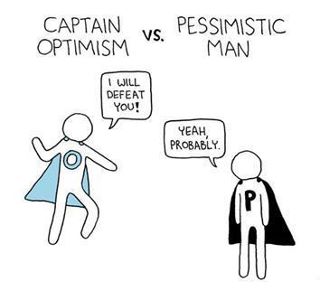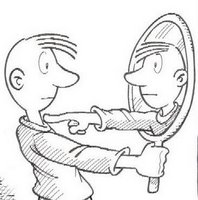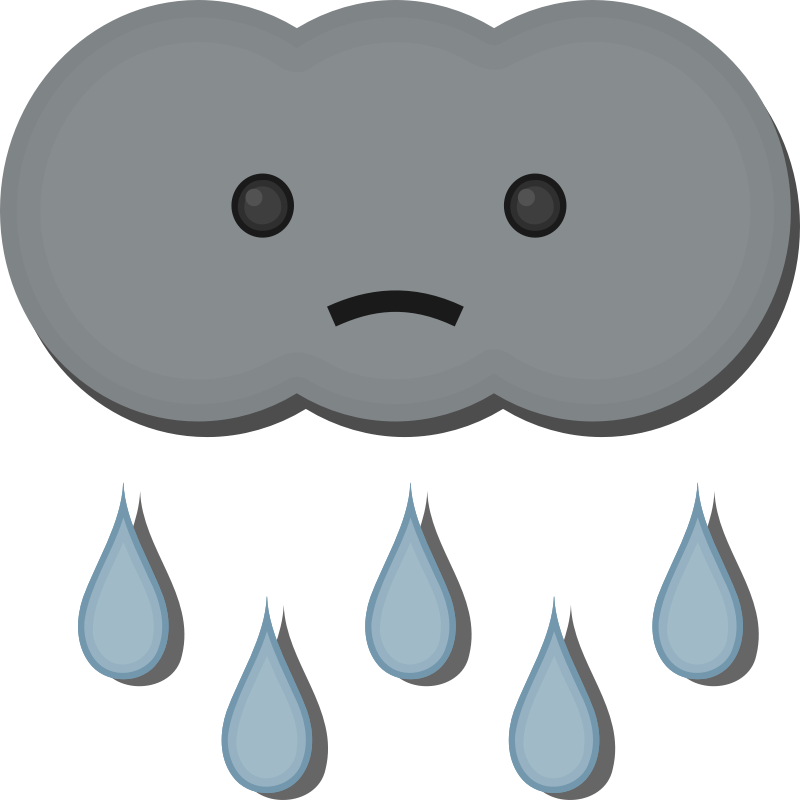I could not think of another way to say it, but yes, Sleep is Important!
I just finished up a![]() course on the impact of sleep. We generally do not give sleep the attention or validate its extreme impact on our daily lives. One thing that permeated the research and material was that we often downplay our lack of sleep as no big deal. “I’ll sleep when I’m dead”
course on the impact of sleep. We generally do not give sleep the attention or validate its extreme impact on our daily lives. One thing that permeated the research and material was that we often downplay our lack of sleep as no big deal. “I’ll sleep when I’m dead”
Sleep is so vital to our minds and bodies to be healthy and just maintain homeostasis.
Sleep operates in 4 layers.
- The light sleep (non-REM 1), like “taking off” in a plane, still aware of the ground, can see the cars and people, going up. It is entirely possible to land quickly at this stage, like a jolt even.
- The 2nd stage is a little deeper (non-REM 2), still on our way! This stage creates the homeostasis needed for the real work to happen, lowering body temperature, calming the mind and body functions.
- 3rd stage (non-RED 3) is the beginning of some hard work, body repairs! This is the place where we tune up, heal, clean out our chemicals, and reboot bodily functions. We need this to not only heal from sickness but whatever else we do to our bodies daily and start fresh in the morning.
- 4th stage is dreaming (REM). This is vitally important to our mental health. We dream to organize and sort our thoughts, events and daily lives. We need to figure out where it all goes. If we miss this part, we are often confused, irritable and forgetful. Some things will not make sense.
All these stages cycle. Those cycles serve a purpose too. If we don’t get enough sleep we might be missing the most important part, like putting the oil back in the engine after a tune up or putting your files back in the drawer instead of a stack on the desk. The work is not quite finished when sleep is cut short. We need all the bits!
The recommended hours of sleep for adults is 7 HOURS minimum…. MIN.I.MUM.
Here is the chart from the CDC about recommended hours by age. Children needs lots more just because they are growing; creating brain cells and bones and skin and immune systems, etc.
How much sleep you need changes as you age. CDC.gov
| Age Group | Recommended Hours of Sleep Per Day | |
|---|---|---|
| Newborn | 0–3 months | 14–17 hours (National Sleep Foundation)1 No recommendation (American Academy of Sleep Medicine)2 |
| Infant | 4–12 months | 12–16 hours per 24 hours (including naps)2 |
| Toddler | 1–2 years | 11–14 hours per 24 hours (including naps)2 |
| Preschool | 3–5 years | 10–13 hours per 24 hours (including naps)2 |
| School Age | 6–12 years | 9–12 hours per 24 hours2 |
| Teen | 13–18 years | 8–10 hours per 24 hours2 |
| Adult | 18–60 years | 7 or more hours per night3 |
| 61–64 years | 7–9 hours1 | |
| 65 years and older | 7–8 hours1 | |
If you have struggles with getting to sleep, staying asleep or even sleeping too long (there is such a thing), you can get help for that. Some of us may think,
- “but I feel fine on 4-5 hours”
- “I can’t sleep longer than X hours. I just wake up.”
- “I don’t have time for that!”
We must make time for our sleep. Everything else will suffer if we do not. We set our own circadian rhythm, which is how, when and how long we sleep and are awake for. We can train ourselves to get healthy sleep. It requires consistency and diligence. This is a case where “21 days make a habit” might actually apply.
How!? How do we adjust our sleep schedule and have good sleep hygiene?
I have listed some suggestions according to the stage of sleep it relates to
- Create a sleep routine.
- Same bedtime every night, do things that wind you down, like shut down the house (lock doors, check lights), change your clothes, take a shower, wash your face, brush your teeth, meditate, listen to relaxing music, talk to your partner, read a book. Tell your body “it is time to sleep.”
- No caffeine at least 6-8 hours before.
- Don’t eat at least 2 hours before.
- NO ELECTRONICS (seriously, it messes with your sleep)
- -4. Keep your room cool, not too cold or too warm. Your body temperature cools when you sleep.
- Keep your lights low.
- Keep noise down and/or sleep with white noise to filter out noises.
- Be comfortable.
- Avoid interruptions
RESOURCES.
This is a list of great resources I found on healthy sleep. There are more, but this is a good start
- Better Sleep
- Calm (pay app with cool stuff)
- Sleep Foundation
- CDC Sleep Tips





 I saw this great article on Buzzfeed, which is an opinion post, where the author listed things she wishes she knew about therapy before she started. She wanted others to know how the reality of it is, or her reality. I thought it was great to see insight from the couch, as I call it. Therapy can be scary and intimidating. I hear frequently from clients they are not sure “how it is supposed to work.” This list is helpful in that regard.
I saw this great article on Buzzfeed, which is an opinion post, where the author listed things she wishes she knew about therapy before she started. She wanted others to know how the reality of it is, or her reality. I thought it was great to see insight from the couch, as I call it. Therapy can be scary and intimidating. I hear frequently from clients they are not sure “how it is supposed to work.” This list is helpful in that regard.

 TRY THIS
TRY THIS I, like many others who work in the therapeutic world, liken life to a journey. The “experience” of life can teach you many things and take you many places. You have opportunities to make major decisions which would change your path. One particular analogy I work with is what happens while strolling on your particular path in life.
I, like many others who work in the therapeutic world, liken life to a journey. The “experience” of life can teach you many things and take you many places. You have opportunities to make major decisions which would change your path. One particular analogy I work with is what happens while strolling on your particular path in life.
 Grief is the emotional process one goes through when there are changes in life. We have to grieve what we lose when we change. This can be simple, like moving from Elementary to Junior High. You still have your friends (usually). It is just an adjustment to more classes, teachers, lack of recess. It doesn’t really seem like grief, but it is. You miss things you are not experiencing anymore. The new things can consume you and make the process easier. It could also be a major adjustment, like a family member dying, a new baby, or getting married. We grieve the loss of singledom or coupledom when our family grows.
Grief is the emotional process one goes through when there are changes in life. We have to grieve what we lose when we change. This can be simple, like moving from Elementary to Junior High. You still have your friends (usually). It is just an adjustment to more classes, teachers, lack of recess. It doesn’t really seem like grief, but it is. You miss things you are not experiencing anymore. The new things can consume you and make the process easier. It could also be a major adjustment, like a family member dying, a new baby, or getting married. We grieve the loss of singledom or coupledom when our family grows. family, or friends. What really needs to happen is permission. Give yourself permission to have ALL those feelings. Whatever comes with grief, allow it. Feel sadness and cry. Feel angry and yell or punch a pillow.
family, or friends. What really needs to happen is permission. Give yourself permission to have ALL those feelings. Whatever comes with grief, allow it. Feel sadness and cry. Feel angry and yell or punch a pillow. 





